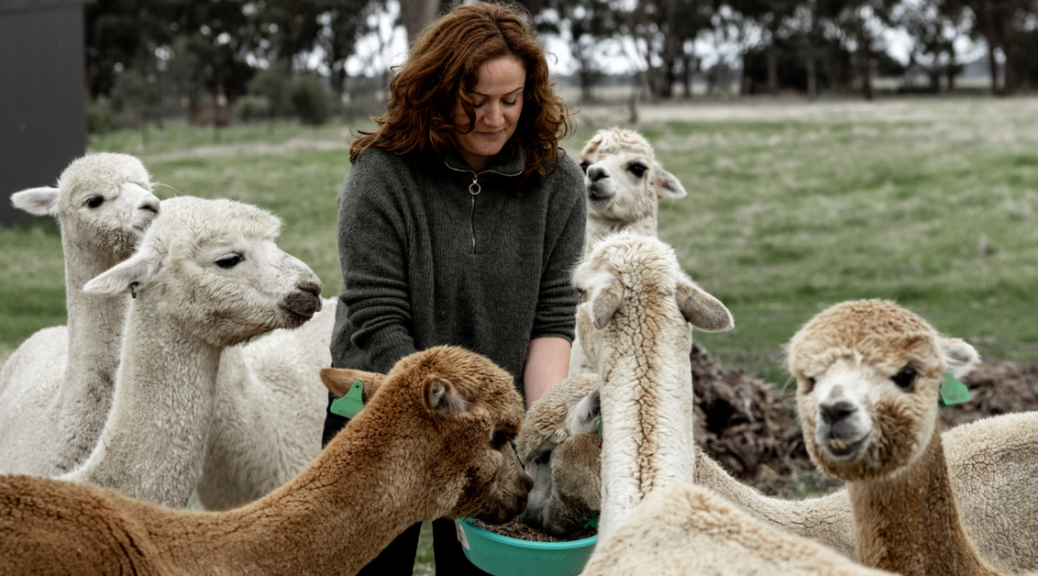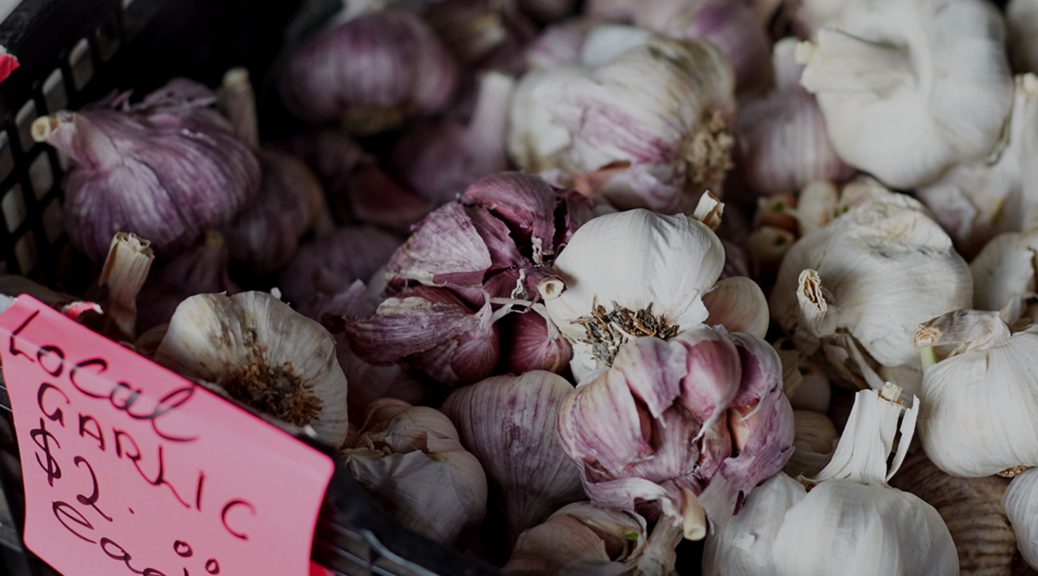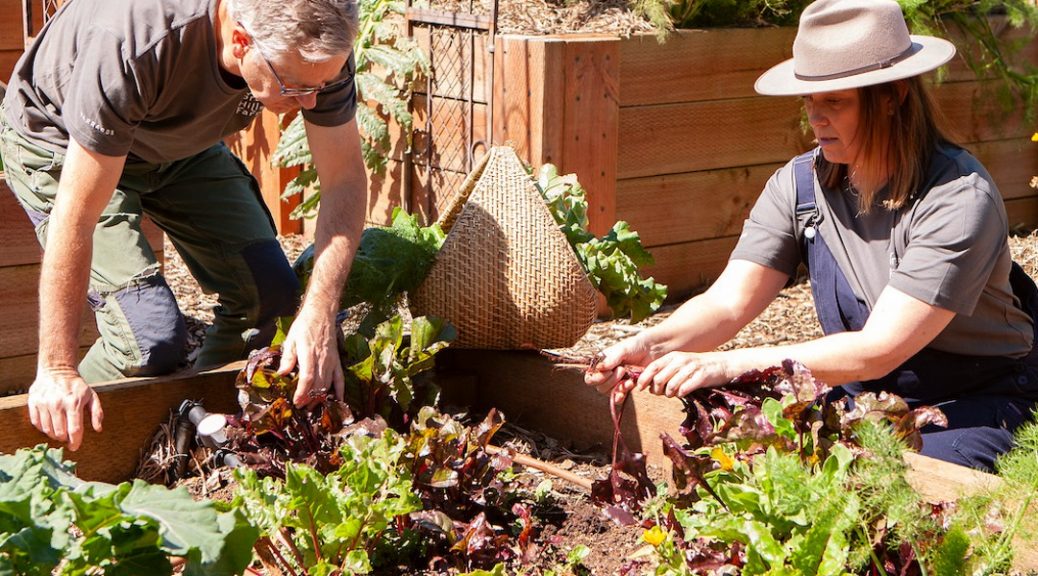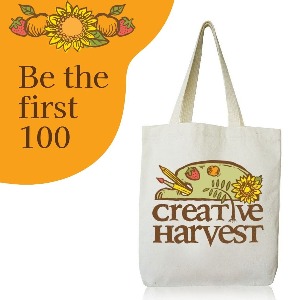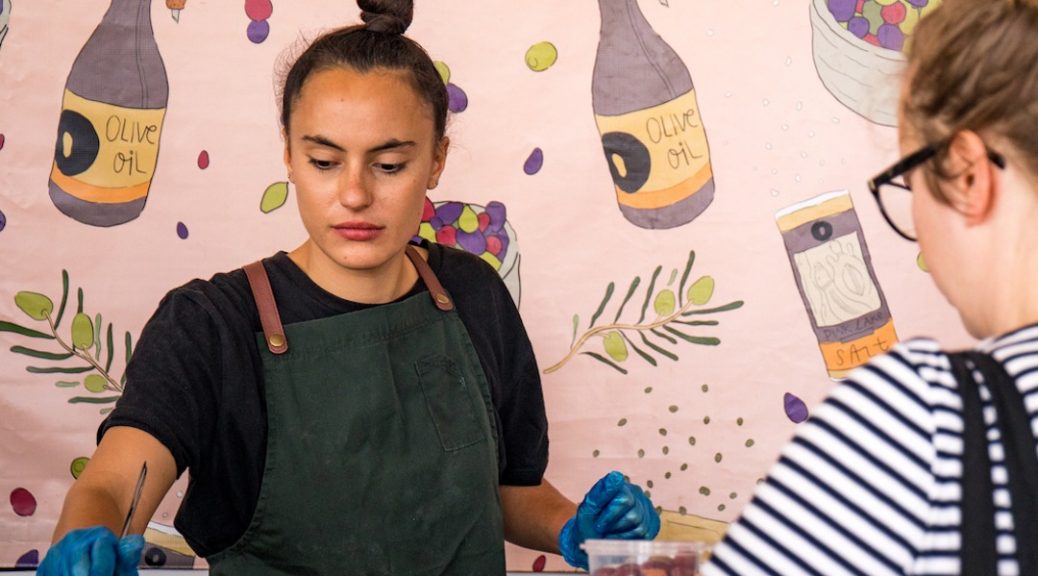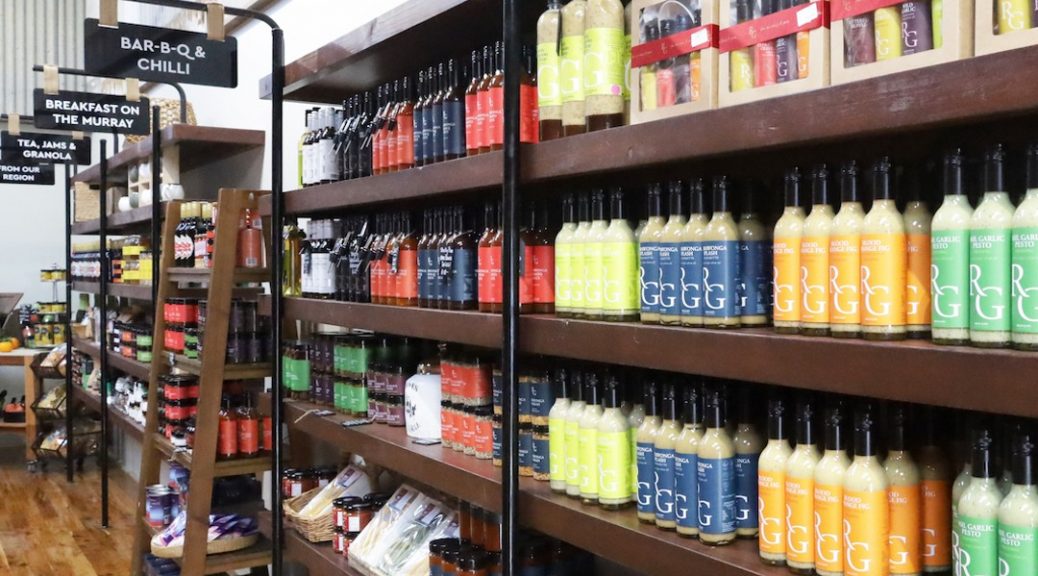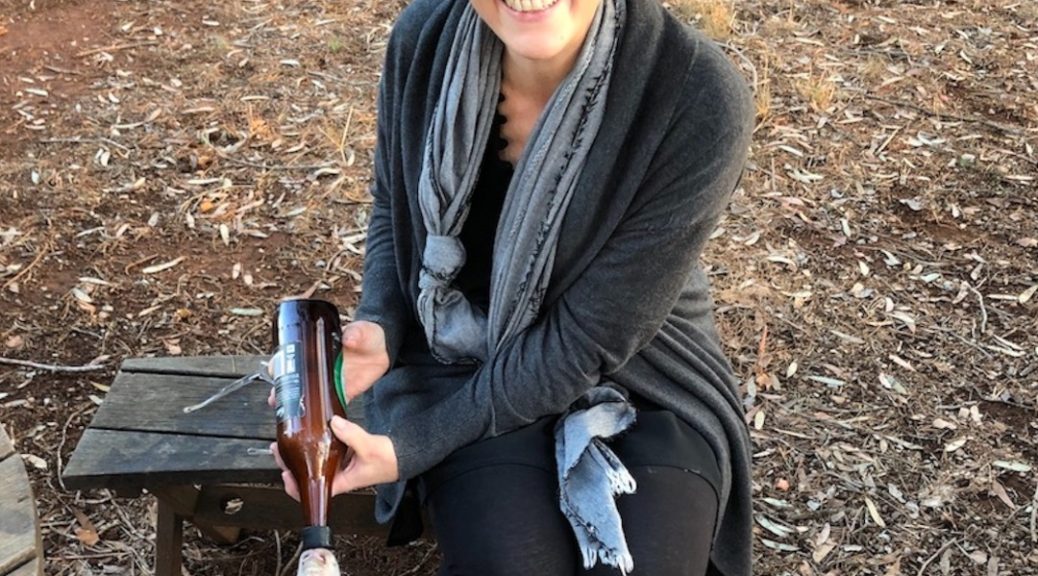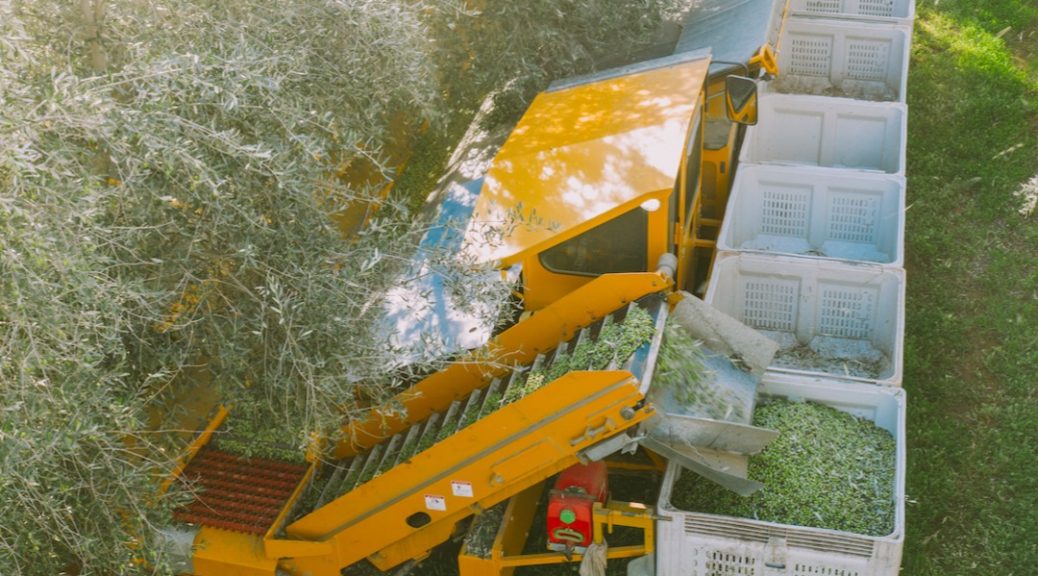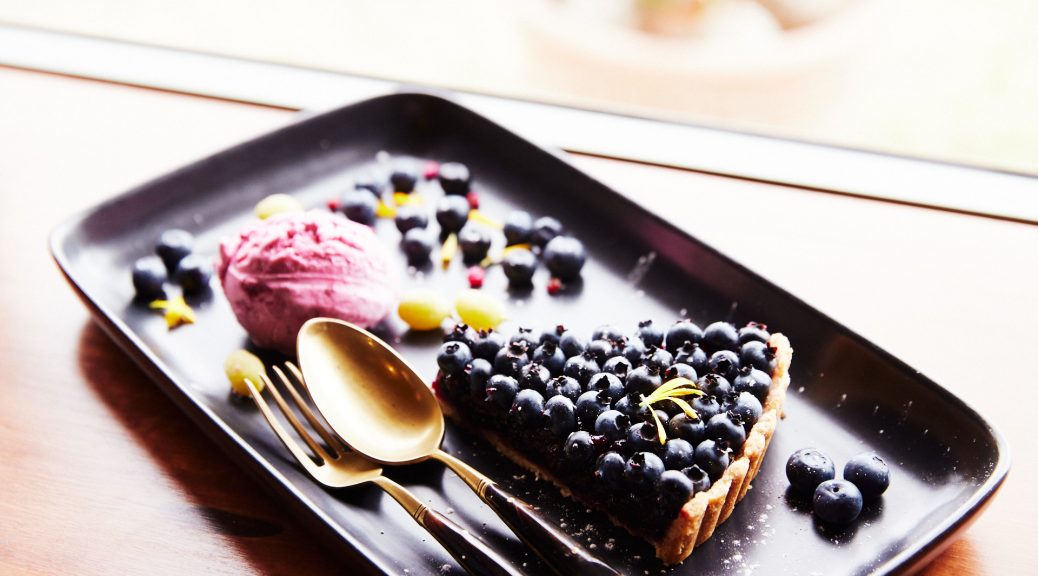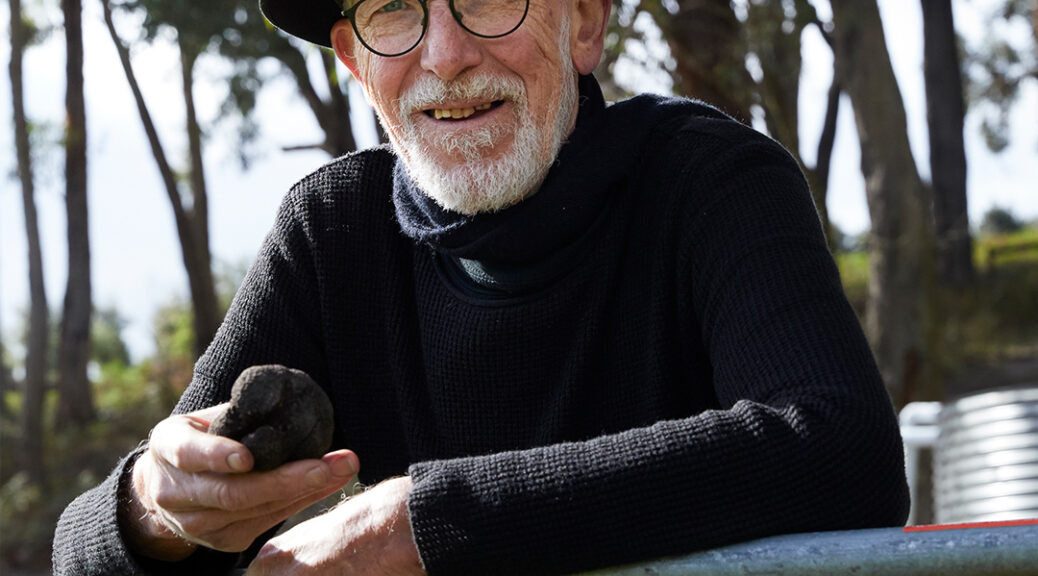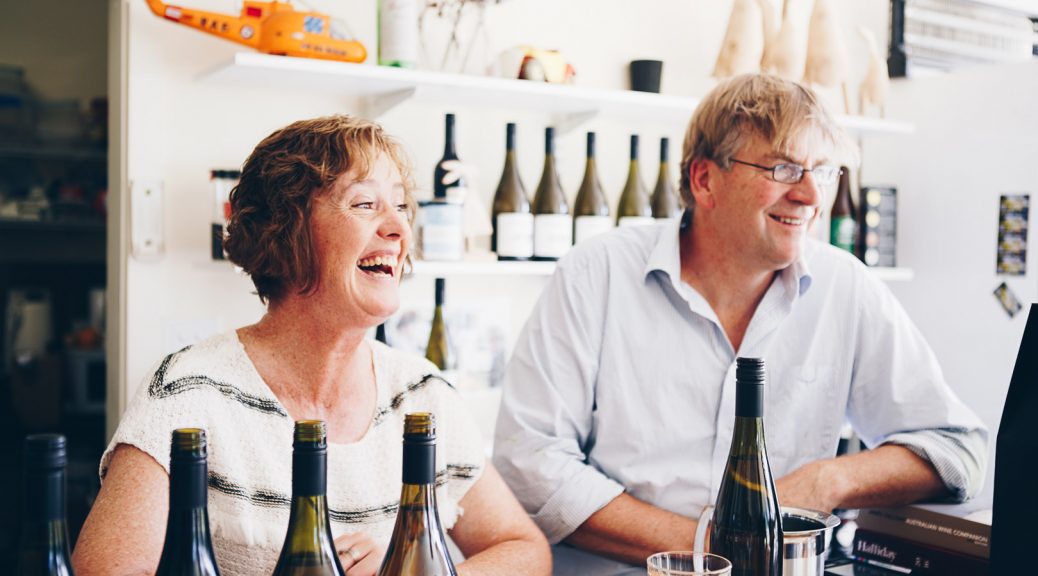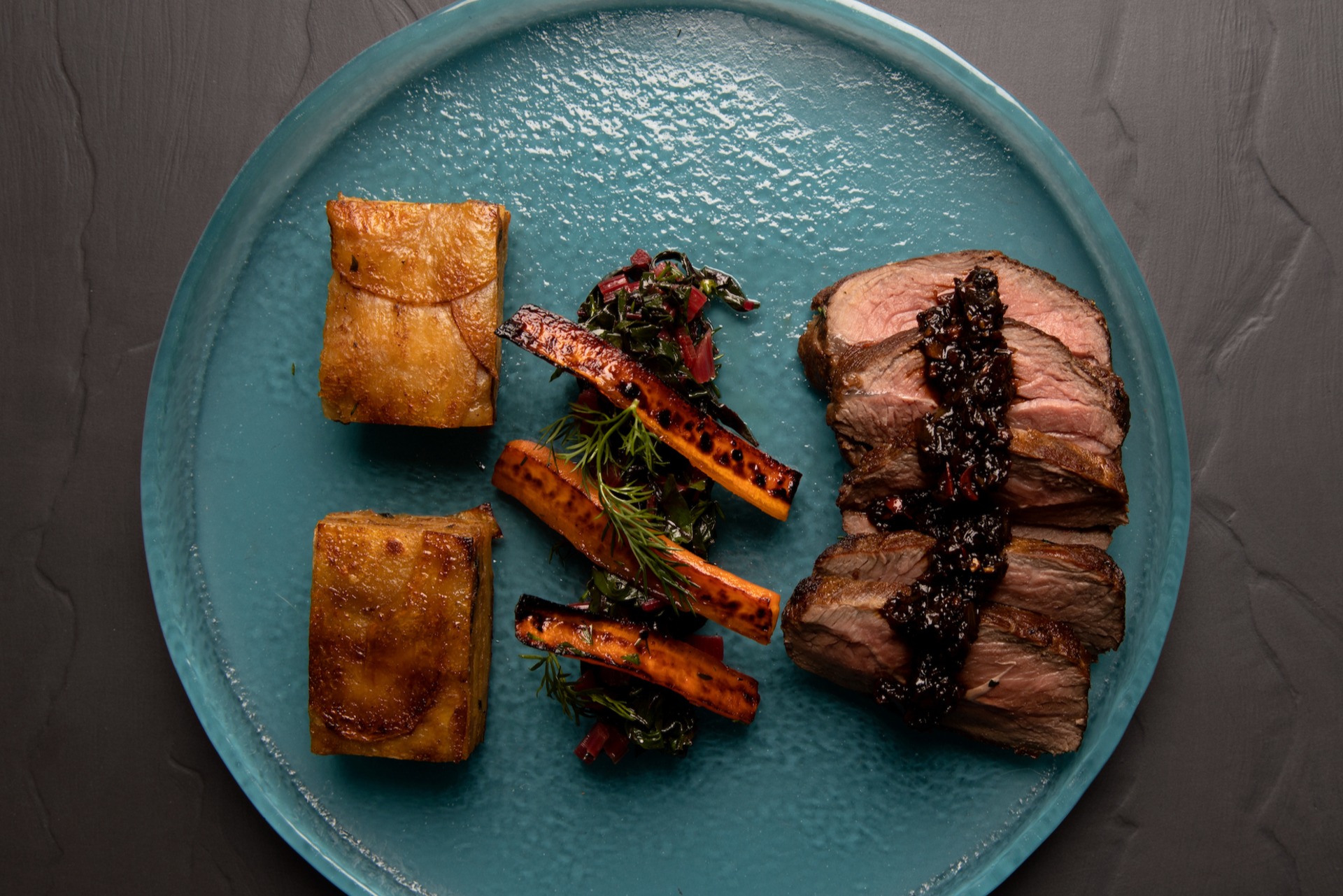We love coming across a business that is doing things a little differently and carving out its own niche. Rosehaven Farms, in the Wartook Valley (Western Grampians/Gariwerd), have not only developed a unique business model, but one which is sure to make your heart melt.
Three years ago, Pam and David Pratt decided to start running farm tours on their small property. The idea was inspired by Pam’s memory of spending time with the farm animals on her Aunties farm when she was a child. The experience she had of quietly connecting with animals, the routine of providing care, the chaos and the energy imparted, was something that stayed with her into adulthood.
Now visitors to Rosehaven Farm may also experience the same joys of country living through hands-on tours hosted by Pam. The miniature donkeys are just the right height for pats and brushing and will happily munch on any carrot on offer. The alpacas stand a lot taller, but are as equally cute and will surround those bearing food as if wrapped in a fluffy doona. We particularly enjoyed the chaos that ensued when feeding the lambs, where we were eagerly followed around the paddock by the cutest gang of white fluff balls.
It’s not just fun and games though, as Pam provides wonderful insight into the history of each breed as well as interesting details around breeding and feeding requirements. It’s clear how busy Pam and David are when we pop our heads into the farm shop to see a room laden with beeswax soap, jars of honey, beeswax food wraps and alpaca fleece. There is also produce from nearby farms like Grampians Olive Co and Stapylton Wines, ready to stock up our pantry with.
Before departing Pam informs us of a program where guests can sponsor a donkey. For $25, sponsors receive a certificate and fortnightly updates from their donkey. It’s a fun activity for families to stay connected to the farm after their visit and all funds raised are donated to the Royal Children’s Hospital.
What began as a country escape for Pam and David and a place to connect with their passions for farming practices, has become an opportunity for them to share this passion with others, in the hopes that they will also form memories that will last a lifetime.
